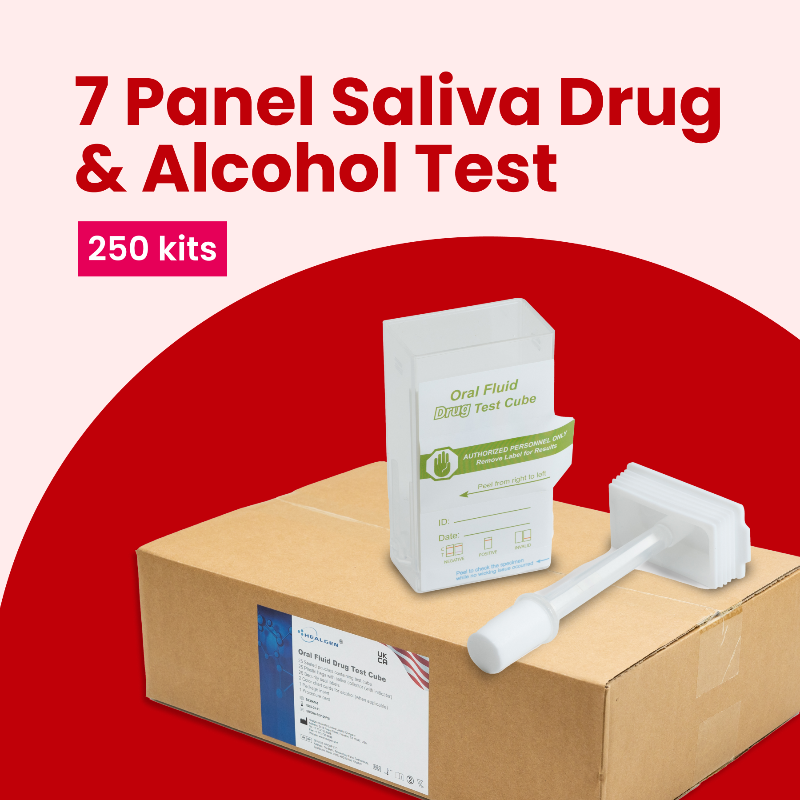Legal Limit of Alcohol In UK: Understanding the Rules
Driving under the influence (DUI) is a serious criminal offence across the UK. Whether you are in England, Wales, Northern Ireland, or Scotland, the legal blood alcohol concentration (BAC) limits are strict, and exceeding them can result in fines, driving bans, or even imprisonment.
This guide explains the current UK drink-driving limits, penalties, how tests are carried out, and what you can do to stay safe.
UK Drink Driving Limits by Region
The legal BAC limits are different in Scotland compared to England, Wales, and Northern Ireland.
| Measurement Type | England, Wales & Northern Ireland | Scotland |
| Breath Alcohol Limit | 35 micrograms per 100ml of breath | 22 micrograms per 100ml of breath |
| Breath Alcohol Limit | 80 milligrams per 100ml of blood | 50 milligrams per 100ml of blood |
| Urine Alcohol Limit (rarely used) | 107 milligrams per 100ml of urine |
67 milligrams per 100ml of urine |
Important: These are not just guidelines they are legal limits. Exceeding them is considered drink driving and carries criminal penalties.
Penalties for Drink Driving in the UK
If you are caught driving over the limit, penalties can be severe and depend on the circumstances of your offence.

1. Fines
- First-time offenders may face fines starting from a few hundred pounds.
- Serious or repeat offences can result in fines of thousands of pounds.
2. Driving Ban (Disqualification)
- Minimum 12-month ban for first offences.
- Repeat offences or drink driving involving an accident can lead to multi-year bans.
- In the most serious cases, licences can be revoked permanently.
3. Imprisonment
- Jail time is possible in severe cases, especially when accidents, injuries, or fatalities are involved.
- Maximum penalty for causing death by drink driving: up to 14 years in prison.
Extra Consequences Beyond Legal Penalties:
- Skyrocketing car insurance premiums.
- Job loss (especially if your career involves driving).
- Travel restrictions, for example, entry bans into the USA for those with DUI convictions.
How Police Test Blood Alcohol Levels
Police in the UK use different methods to determine whether you are over the legal limit.

1. Breathalyzer Tests (Roadside)
- The most common method.
- Quick, but less accurate than blood tests.
2. Blood Tests
- Conducted by a medical professional.
- Sent to a lab for analysis, the most accurate and often used in court.
3. Urine Tests (Rarely Used)
- Less common due to limitations in accuracy.
- Alcohol can remain in urine longer than in blood or breath.
Who Enforces Drink Driving Laws in the UK?
- England, Wales, Northern Ireland: Regional police forces handle roadside checks.
- Scotland: Enforced by Police Scotland, with stricter BAC limits than the rest of the UK.
How Long Does Alcohol Stay in Your System?
Even if you stop drinking, alcohol can remain in your body for hours. This means you could still be over the limit the morning after.

| Test Type | Detection Window |
| Breath | 12–24 hours |
| Blood | Up to 12 hours |
| Urine | 10–12 hours |
| Hair Follicle (not used for DUI) | Up to 90 days |
Key Point: Only time eliminates alcohol from your body, not coffee, cold showers, or energy drinks.
Factors That Affect BAC Levels
Different people process alcohol differently. Some key factors include:
- Gender – Women generally reach a higher BAC than men after the same number of drinks.
- Body Weight: Heavier individuals usually have lower BAC levels.
- Food Intake: Eating before or while drinking slows alcohol absorption.
- Metabolism: Faster metabolism = quicker alcohol processing.
- Medications: Some drugs can increase alcohol’s effect.
False Positives: Can They Happen?
While rare, false positives can occur.
- Breath Tests: Mouthwash, cough syrup, or fermented foods may affect results.
- Blood Tests: Medical conditions (like diabetes producing ketones) can sometimes interfere.
- Urine Tests: Can show alcohol longer than actual impairment.
What to Do If You Suspect a False Positive:
- Request a retest (preferably a blood test).
- Inform officers about medications or foods consumed.
- Seek advice from a motoring solicitor.
How to Avoid Exceeding UK Drink Driving Limits
- Plan ahead: Arrange a taxi, Uber, or designated driver.
- Know your limits: Even one drink can affect your ability to drive safely.
- Eat food with alcohol: Slows down absorption.
- Morning after: Be aware you may still be over the limit the next day.
- Best advice: If you plan to drive, don’t drink at all
The UK drink-driving limits are strict, and Scotland enforces even lower thresholds than the rest of the UK. Penalties include fines, bans, and even prison sentences.
The safest choice is always not to drink and drive. Even small amounts of alcohol can impair judgement, slow reaction times, and risk lives.
Collections
-

Buy Breathalyser Alcohol Tester Online In UK
We offer a full range of breathalyser alcohol testers in the UK that...
-

Buy Workplace Alcohol Testing Kit In UK
We have an extensive selection of workplace alcohol and drug solutions, including...



